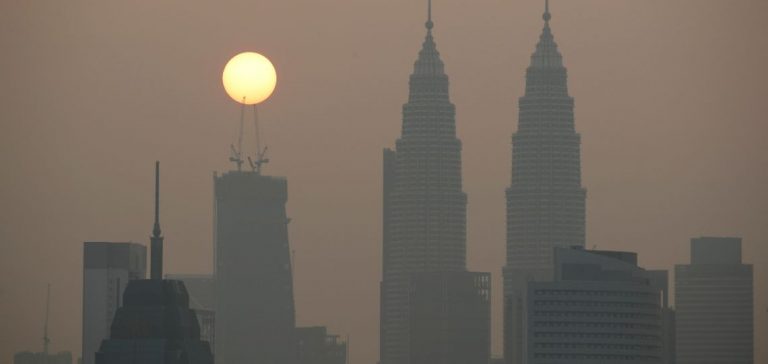Malaysia is implementing an update to its national climate policy, known as the National Climate Change Policy 2.0 (NCCP 2.0). This directive aims to reinforce the country’s commitment to emission reduction and establish concrete initiatives to support its Nationally Determined Contributions (NDC). The Ministry of Natural Resources and Environmental Sustainability (NRES) is leading this project. The NCCP 2.0 sets a goal of a 45% reduction in carbon intensity relative to GDP by 2030, using 2005 as a baseline. This policy is also supported by the drafting of a specific Climate Change Act, scheduled for the first quarter of 2025.
The NCCP 2.0 framework is designed to structure and coordinate all decarbonation efforts across the country. It includes guidelines on governance, climate adaptation, and low-carbon economic development. The document, conceived as a national strategy, also integrates objectives for climate finance and promotes regional partnerships in the area of carbon market mechanisms.
Impact of the Carbon Tax Mechanism
Minister Nik Nazmi Nik Ahmad also emphasized that Malaysia intends to implement Article 6 of the Paris Agreement as part of its national initiatives. This project specifically addresses the development of carbon market mechanisms. In 2025, the country may introduce a carbon tax on certain high-emission sectors. The aim is to create a financial incentive to encourage industries to adopt cleaner technologies and reduce their environmental footprint.
Although the details of this tax have not been finalized, the industrial sectors affected by this regulation could include those exposed to international trade and the highest emitters of greenhouse gases, such as steel and cement producers. The tax also aims to prepare Malaysian industry for the new rules under the European Union’s Carbon Border Adjustment Mechanism (CBAM). The CBAM, set to take effect in 2026, will impose taxes on several categories of imported products, including cement, steel, and aluminum, to align import costs with European climate requirements.
Malaysia’s Role within ASEAN
As the future chair of ASEAN for 2025, Malaysia also seeks to enhance regional cooperation on climate policy. The country views cross-border collaboration as a key lever for developing effective carbon markets in Southeast Asia. This regional leadership could strengthen Malaysia’s position as a key player in the energy transition within ASEAN. The minister further indicated that Malaysia will present its efforts at the 29th Conference of the Parties (COP29) of the United Nations Framework Convention on Climate Change (UNFCCC), scheduled for November.
Malaysia’s growing involvement in these regional initiatives comes as several countries in the region, including Indonesia, Vietnam, and Singapore, are also exploring solutions to reduce their emissions and achieve ambitious climate goals. Malaysia’s ASEAN chairmanship could catalyze collective action to harmonize regional strategies and maximize the effectiveness of climate policies throughout ASEAN.
Climate Finance Strategy and Economic Support
The success of the NCCP 2.0 and the Climate Change Act will largely depend on Malaysia’s ability to mobilize the necessary financial resources. The country needs to attract both domestic and international investments to fund decarbonation projects, support the adoption of low-emission technologies, and promote resilient infrastructure. The NCCP 2.0 framework includes measures to facilitate access to climate finance and encourages private sector participation in these initiatives.
However, implementing these policies could face challenges, particularly concerning the competitiveness of national industries. Malaysia must balance its climate ambitions with the need to maintain economic growth. The Climate Change Act could also include provisions to mitigate impacts on the most affected sectors.
Overall, Malaysia’s climate policy reflects a desire to accelerate the transition to a low-carbon economy while adapting to international constraints. The establishment of this strategic framework and the introduction of carbon market mechanisms demonstrate a commitment to positioning Malaysia as a regional leader in climate action, while ensuring long-term economic sustainability.





















